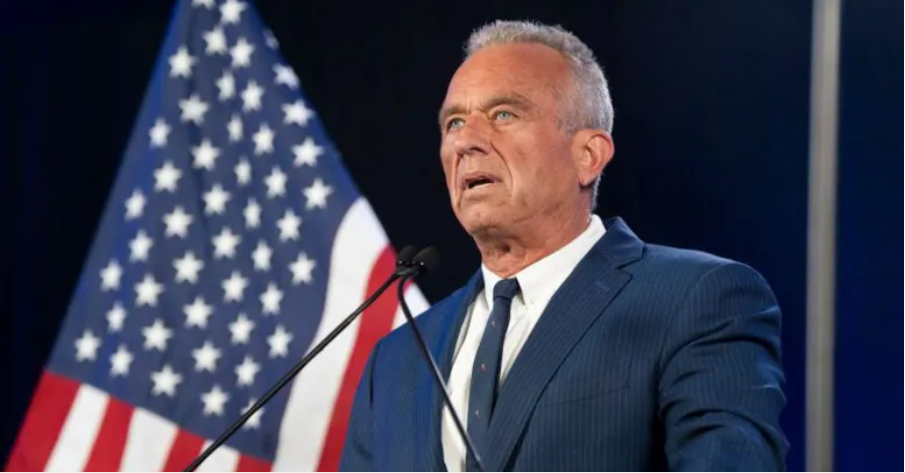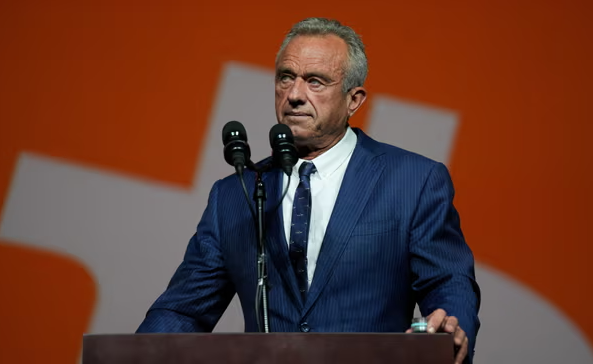Robert F. Kennedy Jr. has taken legal action to remove his name from North Carolina’s ballot ahead of the November presidential election. This lawsuit comes months after he previously fought to have his name included on ballots across several states. Kennedy filed the lawsuit on Friday after the North Carolina Election Board denied his request to be removed as a third-party candidate.

Kennedy, who suspended his presidential campaign in August and endorsed former President Donald Trump, is seeking to prevent his candidacy from impacting the election. He argues that the state’s refusal to remove his name has “irreparably harmed” him and infringed upon his right to free speech. The lawsuit, filed in Wake County Superior Court, claims that with ballot deadlines approaching, Kennedy had no option but to seek court intervention.
The North Carolina Election Board, predominantly Democratic, rejected Kennedy’s request earlier this week, citing logistical challenges. They noted that reprinting absentee ballots would incur significant costs, potentially reaching hundreds of thousands of dollars. However, the board’s two Republican members argued that the deadline for absentee ballots could be extended.
If the court does not act, Kennedy’s name will remain on the North Carolina ballot in November. He has also faced similar setbacks in Michigan and Wisconsin, where his attempts to withdraw from ballots have been unsuccessful. This marks a significant shift from earlier in the year when Kennedy resisted efforts to remove him from ballots in battleground states like Pennsylvania and Nevada.
Kennedy, who has endorsed Trump and expressed concerns that his presence on the ballot could spoil the election for Trump, is now focusing on removing his name from critical battleground states. He believes that staying on the ballot could inadvertently aid the Democratic candidate, a party with which he has major disagreements.
In contrast, Kennedy plans to remain on the ballot in New York, a state with a strong Democratic leaning, where he believes his candidacy is less likely to impact the overall outcome of the election. This strategic move aligns with his goal of supporting Trump’s campaign while mitigating potential negative effects on the election dynamics.

